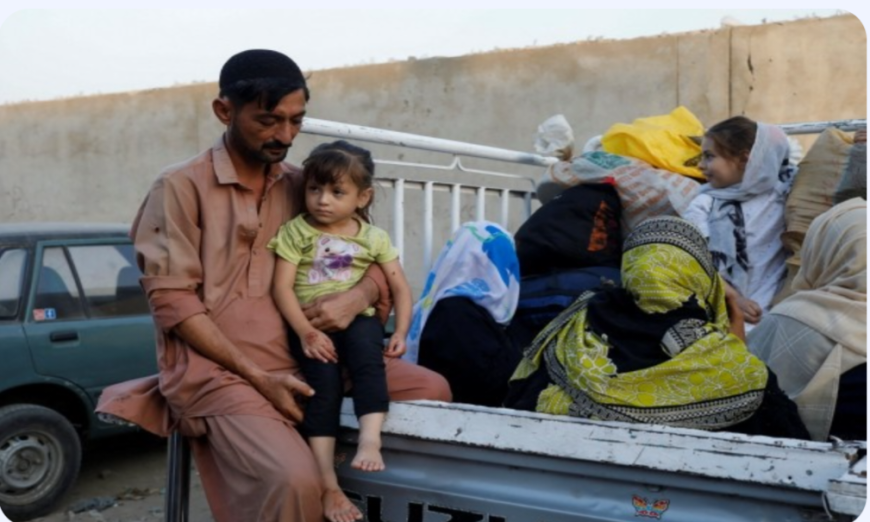The Pakistan government has started a major nationwide crackdown on Afghan nationals in the country after the deadline passed for them to return voluntarily. The authorities have arrested hundreds of illegal foreigners, including Afghan Citizen Card (ACC) holders, and transferred them to camps for further repatriation to Afghanistan.
Enforcement agencies began the deportation process for them, along with their families. Meanwhile, the Afghan Taliban government in Kabul had requested Islamabad to delay the process of repatriation. However, Islamabad announced a renewed crackdown. According to media reports, there are over 13 lakh Afghan nationals in Pakistan.
Khan says, despite much pleading, four of his brothers were taken away and charged with living in the country “illegally”. Their ordeal ended after two weeks when a court granted them bail.
The entire family possesses Afghan Citizenship Cards (ACC), a government-sanctioned identification document issued to Afghan citizens living in Pakistan. But over the past two years, between September 2023 and February 2025, a systemic government crackdown on Afghan nationals has resulted in the expulsion of nearly 850,000 Afghans from Pakistan, including women and children.
Now, hundreds of thousands of ACC-holding Afghans like Khan, having spent almost their entire lives in Pakistan, face expulsion from April 1.
“We don’t know anything about Afghanistan. We have lived here all our lives, made friends here, built our businesses here. If the government insists on throwing us out, we will leave, but we will return once again,” Khan said.
Pakistan currently hosts more than 2.5 million Afghans, according to government estimates. Among them, about 1.3 million possess a Proof of Registration (PoR) card, first introduced in 2006 and issued by the United Nations refugee agency, UNHCR, while another 800,000 hold an ACC, issued in 2017.
Calling the deadline “unyielding and cruel”, Amnesty International also urged Pakistan to reconsider its decision.
“These opaque executive orders contravene the government’s own promises and repeated calls by human rights organizations to uphold the rights of Afghan refugees and asylum seekers,” said Isabelle Lassee, deputy regional director for South Asia at Amnesty International, in a March 26 statement.
But echoing Chaudhry’s sentiments, Pakistan’s Ministry of Foreign Affairs has insisted that the government had “fulfilled its obligations” by hosting Afghans and was not bound to consult the UNHCR.

